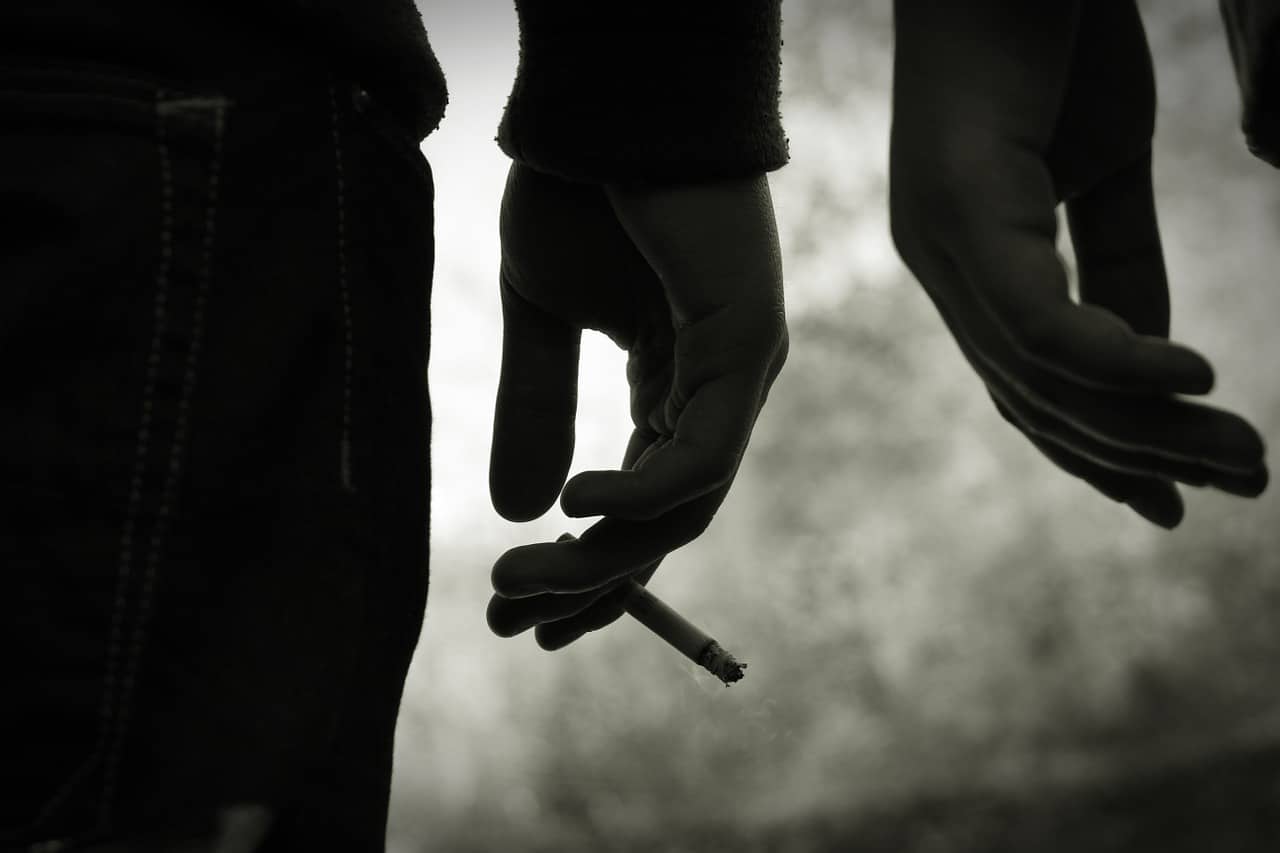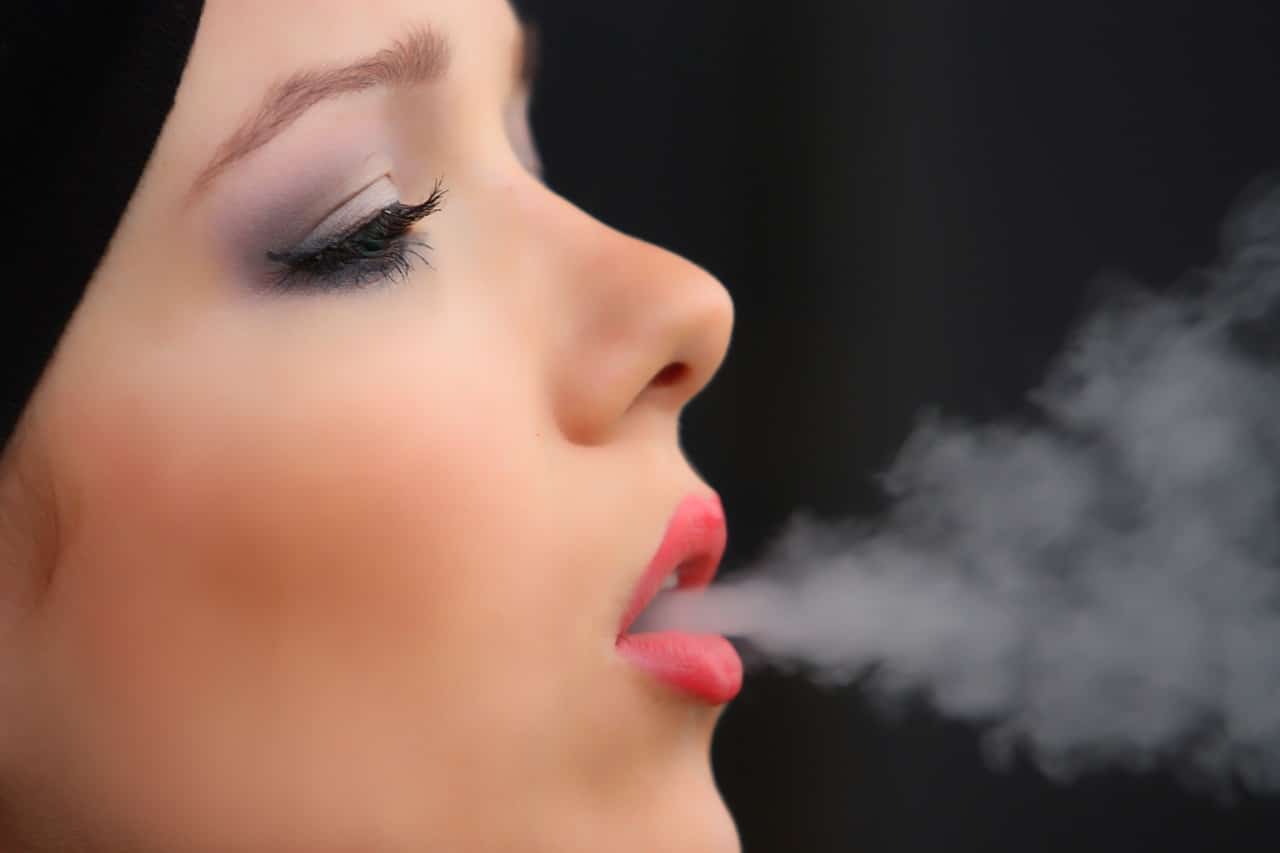It may seem unusual, but even today, in this educated age of the internet, drug and alcohol abuse continues to threaten the lives of college students the world over. Substance abuse doesn’t just impact the physical well-being of these students, it also presents serious ramifications toward their academic standing and social interactions.
We live in a real world and it is next-to-impossible to assume that even the strongest anti-drug campaigns will have the desired effect on every student attending college in America. Nor can we assume that just because a student knows something is dangerous in the long term, they will summarily eschew experimentation in the short-term. After all, generations of college students have dabbled in drug and alcohol abuse at various times in their college careers and lived to tell the tale.
Nevertheless, the experimental nature that comes along with going away to college seems to almost downplay the seriousness of these substance abuse issues. The excuse, as stated above, is essentially that “kids will be kids.” Thus, assumptions about what these students will and won’t do with regards to drugs is often brushed aside and contrived by both parents, professors, and school administrators as something that is merely taken for granted. It is this assumption that we must endeavor to prevent. Thankfully, there are several ways to go about this.
IMAGE: PEXELS
1. Student Education
There is a presumption that just because a young person has entered into a university, be it Harvard, Yale, or any other such Ivy League establishment, that they are already intelligent enough to make the right decisions. This is, of course, ridiculous. Many of the students who enter university are only at the very beginning stages of their education, not merely academically, but socially as well. They still have a lot to learn and they are going to make poor choices along the way until they figure out how to make the right ones.
Therefore, it’s imperative that members of their community make education regarding drug and alcohol abuse a cornerstone of their emerging education. By teaching students to recognize the negative health effects of abusing drugs and alcohol, we can effectively limit the amount of these poisons they choose to imbibe. Indeed, once they figure out what years of drinking and drugs might do to their bodies, they might see things in a different light.
2. Adult Education
It’s not just the students who need to learn about the nature of drug and alcohol abuse. Parents, older siblings, relatives, administrators, and teachers must also be aware of the types of drugs that are out there. Kids are nothing if not creative and the terminology for what passes as a particular drug or cocktail can change with each graduating class.
Take for instance, something as commonplace as marijuana. This once-illegal drug has been seeing a great deal of buzz in recent years as many states have begun legalizing it for personal use. Despite marijuana’s new standing in many places, however, it’s important to know that abuse of this drug, just like any other, can cause long term consequences on the minds and bodies of college students.
Marijuana has had many names over the years and not everyone knows what the particular slang for marijuana will be in any given conversation. Recognizing the nomenclature of a drug, even something as commonplace as marijuana or alcohol, can make all the difference in determining whether or not a student is abusing the drug.
3. Seeing The Signs
College students are under unbelievable amounts of social and academic pressure and sometimes, they cope with these by diving deep into the expansive pool of drugs and alcohol available on college campuses.
The problem is, it’s not as simple as having a drink to calm one’s nerves or smoking a single joint. Many students find the highs and lows too good to experience only once. They end up retreating from the world, isolating themselves, and often finding solace only in the substance that made them feel better in the first place. It is therefore up to us to see these signs and any unusual changes in their behavior and work towards finding them help.
4. Understanding the Consequences
This may seem like a given, but there are many drugs on the market today that is considered not just dangerous, but illegal. Even young college students, those below the legal drinking age of 21, are imbibing illegally anytime they tap a keg at a party.
Enforcing the legal drinking age has been an effective means of limiting alcohol abuse for decades, but only if local law enforcement agencies work with universities to make sure those who break these laws are punished. It may seem like the harshest way to deal with such abuses, but it may mean the difference between life and death for some students.
5. Alternative Options
Many schools are offering alternatives to drug and alcohol abuse in the first place by simply giving their students other outlets to relieve stress. Clubs and sports teams already exist on nearly every college campus and provide students with the camaraderie, social, and physical distractions they need to stave off potential addiction.
Helping a student to excel academically can be equally effective, and academic tutoring can be a great way to stop addiction before it even takes hold. The theory being that if a student isn’t struggling socially or academically, they will be less inclined toward substance abuse.
6. Support And Intervention
Perhaps most important in all of this is our ability to help those students who have fallen into a pattern of substance abuse. Once we have determined that a student is suffering from alcohol or drug abuse, the next step is to find them help. Nearly every college and community have a place where students can find support for their abuse and help in getting clean. These places provide counseling, intervention, and when needed, medical assistance to those students who have succumbed to their addictions. Sometimes, all a student needs are just a little help to get clean.
Conclusion
In conclusion, we can see that a myriad of methods exists in order to help parents, medical professionals, law enforcement agencies, and educators prevent substance abuse by college students in their communities. We all need to work together to take what we have learned and apply these lessons towards helping keep students away from drug and alcohol abuse.
If you are interested in even more lifestyle-related articles and information from us here at Bit Rebels, then we have a lot to choose from.


COMMENTS